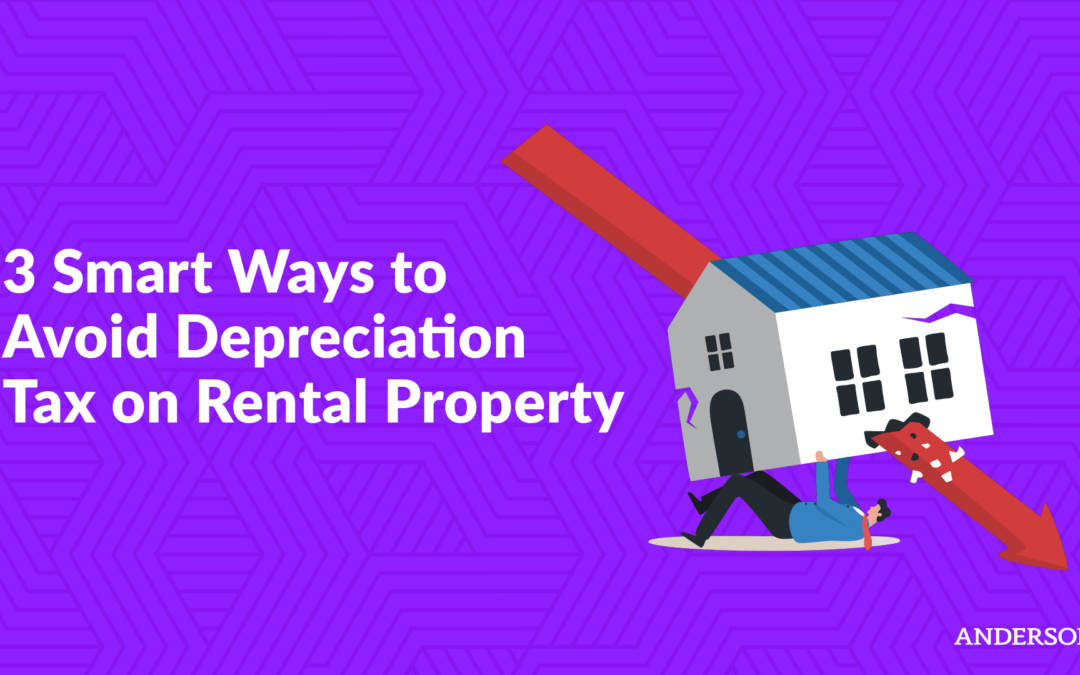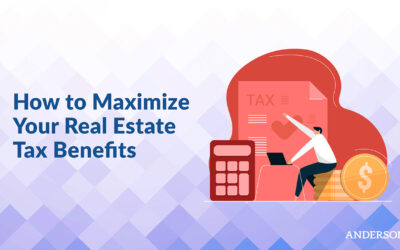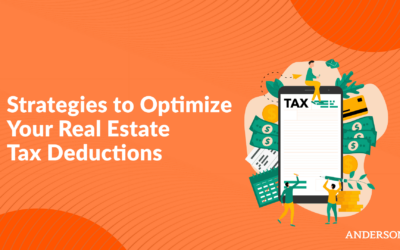
One of the main reasons to buy and sell a rental property is to make a consistent income and improve your financial future. While you can enjoy significant profits from selling a rental property, it’s also essential to consider the extra tax expenses that can come from a sale. Besides the standard capital gains tax rate, hidden fees and taxes can target the profits from selling your rental.
Even the most prepared property owners can be surprised by depreciation recapture tax after they make a profit from a rental property sale. You can apply a few methods to save money on your depreciation payment or avoid it altogether.
Key Takeaways
- If you sell a rental property for a profit and have taken depreciation deductions, your property is subject to a deprecation recapture tax.
- Depreciation recapture tax is based on your capital gains from a rental property sale, subtracting the home’s depreciated value from its sale value.
- If your rental property was your primary residence for a qualifying period, you could avoid depreciation taxes with a Section 121 exclusion.
- A 1031 exchange allows you to defer depreciation taxes if you use your property sale profits to purchase another investment property.
- Tax loss harvesting can limit your depreciation taxes by offsetting your capital gains from a property sale with losses from other investments.
- Each method has pros and cons, so it’s helpful to thoroughly assess your tax situation and investment goals before choosing a strategy.
How Does Depreciation Work?
Understanding how depreciation works can give you a good start for learning how to avoid depreciation tax. Depreciation refers to how much of the usable “life” of a property has already occurred. You can depreciate the purchase price of your property, along with expenses related to improving the property, to get a dedication on your taxes each year it’s in service as a rental. The Internal Revenue Service (IRS) has various exceptions for what you can depreciate and when, but the agency defines the expected life of a rental property as 27 1/2 years.
For example, if you plan to rent out a home as a long-term rental for the entire 27 1/2 years, you can take about 3.6% of the total deduction each year for 27 1/2 years, starting when you first list the property as available for rent. If you stop renting or selling the property, you stop receiving this deduction.
Tax & Asset Protection Workshop
Learn about Real Estate & Asset Protection at our next
FREE LIVE STREAM
What Is Depreciation Recapture Tax?
Depreciation recapture tax is a type of capital gains tax that works to recoup the deductions you received for your property depreciating. This tax exists because the depreciation deduction follows from your asset losing value, but real estate often increases in value over time. You use depreciation deductions to reduce your tax burden while you own the property, but the IRS charges the recapture tax upon sale to offset those deductions. If you profit from your home sale, the property’s current value outweighs the amount it depreciated in the eyes of the IRS.
You owe depreciation recapture tax on the difference between the property’s sale and depreciated value, as this amount now counts as income. The current depreciation recapture tax rate is income-dependent, with a maximum value of 25%.
What If I Don’t Claim a Depreciation Deduction?
You may opt out from the depreciation tax deduction upfront to avoid paying depreciation recapture tax in the future. However, the IRS charges 25% of your potential deductions regardless of whether you took the deduction. If you don’t claim your depreciation deduction, you pay the total penalty upon the sale of the property but still forfeit any tax benefits while you own it. It’s best to claim the deduction each year and plan accordingly, which can involve paying the total recapture tax or finding strategies to avoid it.
Three Strategies for Limiting Depreciation Tax
Discover three techniques to limit the hit from depreciation recapture tax when selling your rental property:
Establish Your Primary Residence
The IRS provides a Section 121 exclusion for people who rent out a property but still use it as their primary residence. The exemption allows single individuals to exclude up to $250,000 of capital gains from the home sale from their income or up to $500,000 for married couples filing jointly. This exclusion can significantly lower or remove your depreciation recapture tax altogether. You can qualify for this exemption if you live in the home for at least two years out of a five-year period before selling the property. The two years can be consecutive or nonconsecutive terms.
A Section 121 exclusion may apply in the following situations:
- You live in a home for five years and spend two years renting a room to a long-term tenant.
- You rent your property on Airbnb but spend 24 months living on the property over a five-year period.
- You reside in a home for one year, spend three years renting it out, then move back in for another year.
Additional caveats exist in the Section 121 exclusion, including special rules for people serving in the military. Reviewing the IRS code and following all reporting rules can increase your chances of successfully eliminating depreciation recapture.
Buy a New Investment Property
Using your profits to purchase a new investment property can qualify you for an exclusion known as a 1031 Exchange. This approach may not always eliminate the tax but provides a helpful delay. The IRS views selling one rental property and purchasing another as an equivalent exchange instead of acquiring and spending capital gains.
This exclusion is limited to “like-kind” real estate property, meaning the properties are similar. For example, you may sell an apartment building and use the funds to purchase another one without paying depreciation recapture tax. However, the depreciation recapture tax still applies if you sell that apartment building and buy a personal residence. If you reinvest profits into a similar property, you can avoid paying depreciation recapture fees whenever you sell a rental property.
Use Tax Loss Harvesting
Tax loss harvesting is a technique where you strategically sell bad and profitable investments to reduce your overall tax burden. If you have an investment that has lost value and want to sell it anyway, you can take advantage of tax loss harvesting by selling the investment within the same tax year as you sell your rental property. This technique reduces your overall capital gains in that tax year, limiting or eliminating the amount of depreciation recuperation taxes you pay.
For example, if you make a $100,000 profit compared to your home’s depreciated value, you could owe up to 25% in depreciation recapture taxes. If you have a stock market investment that’s lost $75,000, selling the stocks offers all but $25,000 of the profit. You would pay 25% of $25,000 instead of 25% of $100,000. This strategy only works if you have an investment that you want to sell at a loss that would be advantageous to offload, so consider carefully before employing the tax loss harvesting method.
Plan for Depreciation Recapture
By anticipating depreciation recapture taxes ahead of time, you can avoid a hefty tax bill and enjoy the benefits of real estate investing. Before you sell your rental, review these options and consider whether offloading other investments, turning your rental into your primary residence, or purchasing another property aligns with your financial goals.
An experienced financial advisor can help determine which exclusions you qualify for or share other strategies to manage your tax burden. Whether you currently have a property you want to sell or want to review your options for future investing, you can set up a call with Anderson Advisors to develop a strategy today.
Free Strategy Session with an Anderson Advisor
Receive a detailed risk assessment to assist in lowering problem areas that could wipe out all of your assets with one wrong move. Speak with an Anderson Professional Advisor to get your FREE Strategy Session. Limited-Time Offer: FREE (a $750 value.)














